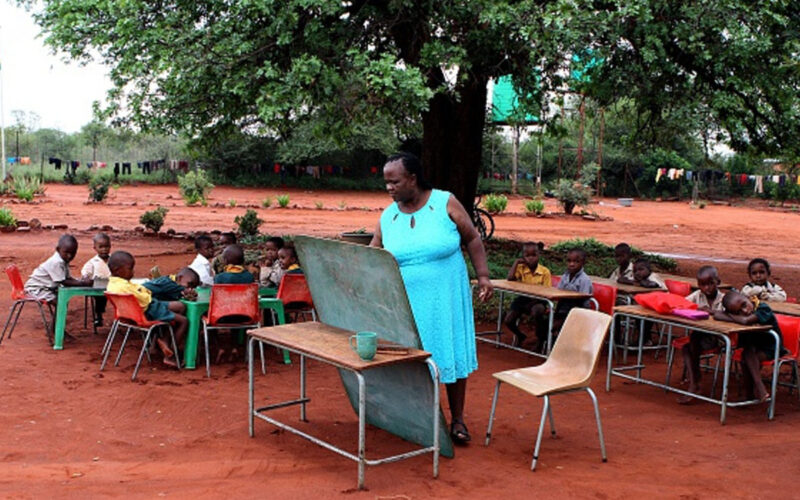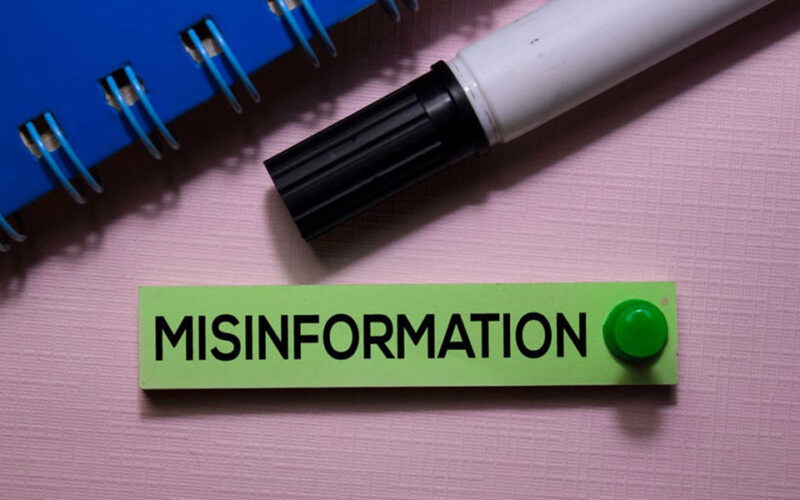
Media literacy education in South Africa can help combat fake news – here’s what’s needed
Online platforms are replete with examples of false information – from WhatsApp messages punting some miraculous cure for COVID, to social media posts claiming a politician said something they didn’t. It’s increasingly common in South Africa. More than 75% of South Africans say they regularly come across political news they think is false. Eight out of 10 South Africans believe that disinformation (or “fake news”) is a problem or a serious problem in the country. Researchers and policy makers have been working on strategies to counter disinformation for years. Some policymakers have suggested new regulations or pressuring technology companies to…

